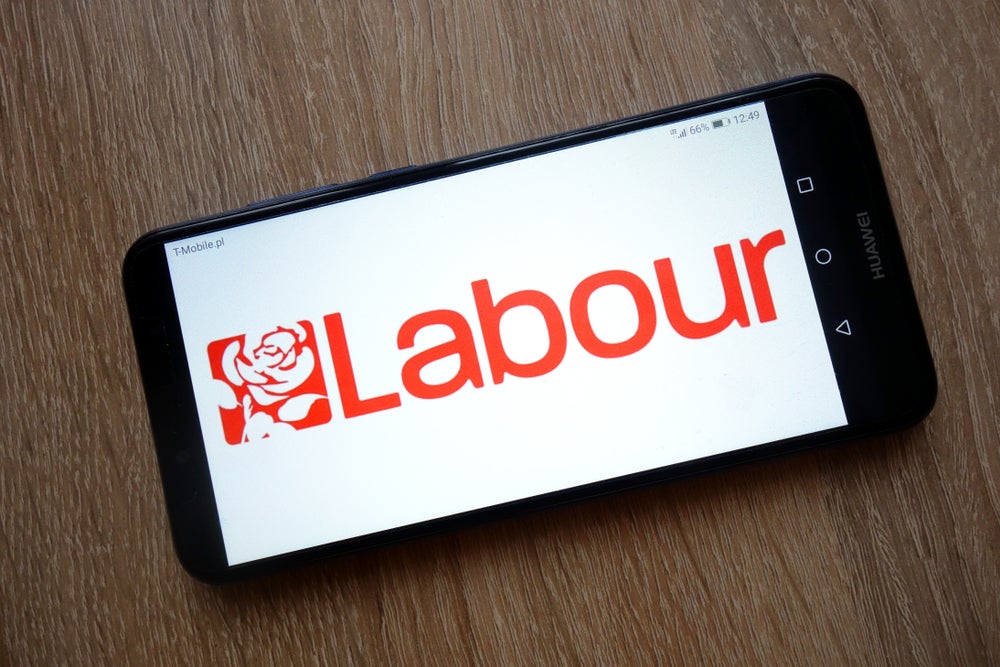At the Labour Party Conference today (23 September), the UK’s Minister of State at the Department for Science, Innovation and Technology, Sir Chris Bryant MP, shared his concerns about the country’s mobile connectivity.
Bryant was speaking at Labour Fringe event ‘Tech-Driven Economic Growth: The Role of Connectivity in Unlocking Opportunities for All’, alongside Labour Digital and Cityfibre.
The minister said: “We are behind on mobile, significantly behind and that is a problem for us, as there’s so much that we could do with 5G standalone when we get there.
“I’m lucky if I get 3G in parts of my patch, and that’s problematic. We need to be far more ambitious in this field. Of course that requires an industry where people continue to invest in the long term.”
Bryant also discussed ongoing issues with fixed broadband and shared that while he is not seeking to dismantle competition or allow a monopoly to any one company, he believes there are a host of issues with broadband being fixed in one location.
He said: “We do need to get to a position where people have the ability to get the technology that they need.”
The minister also expressed concerns about the outgoing government’s lack of a transition plan away from 2G, and said this would be needed for the transition to be a success.
Also on the panel was Ed Taylor, director of public affairs at CityFibre, who reassured the minister and the attendees that they were not “throwing up 90 foot telecoms masts” as had been recently implied in an open letter by Sir Bryant.
Steve Edwards, head of external affairs at Which? was also on the panel. He stressed the need for not only inclusivity in terms of areas receiving reliable broadband, but also the need for broadband to enable economic growth and said this should be a key priority for the government going forward.
Bryant finished by saying he has never received so many emails about poles and masts than he has in the last few weeks, as he hopes operators will work collaboratively on this as some businesses “have got overexcited about competition and forgotten collaboration.”









